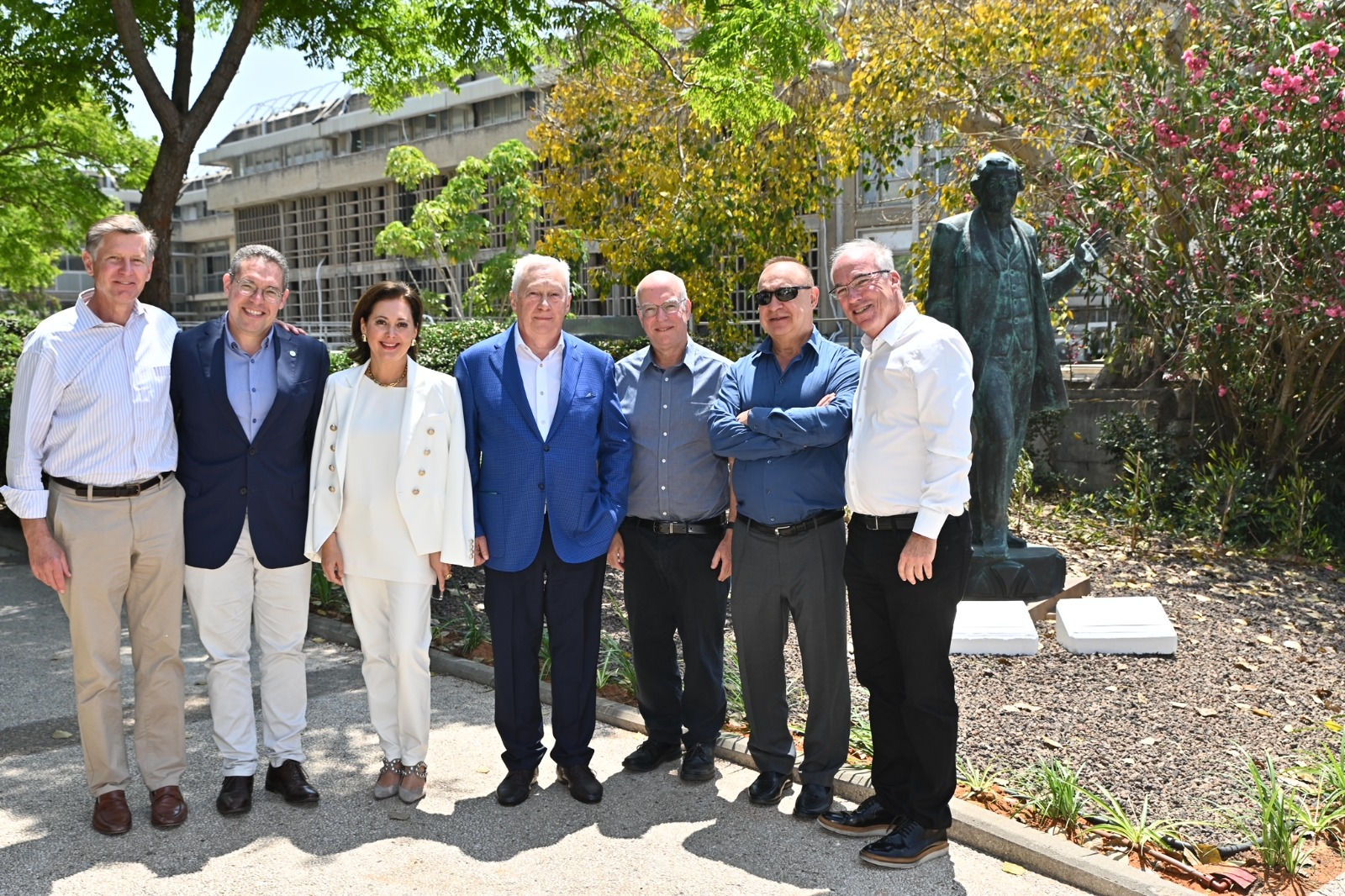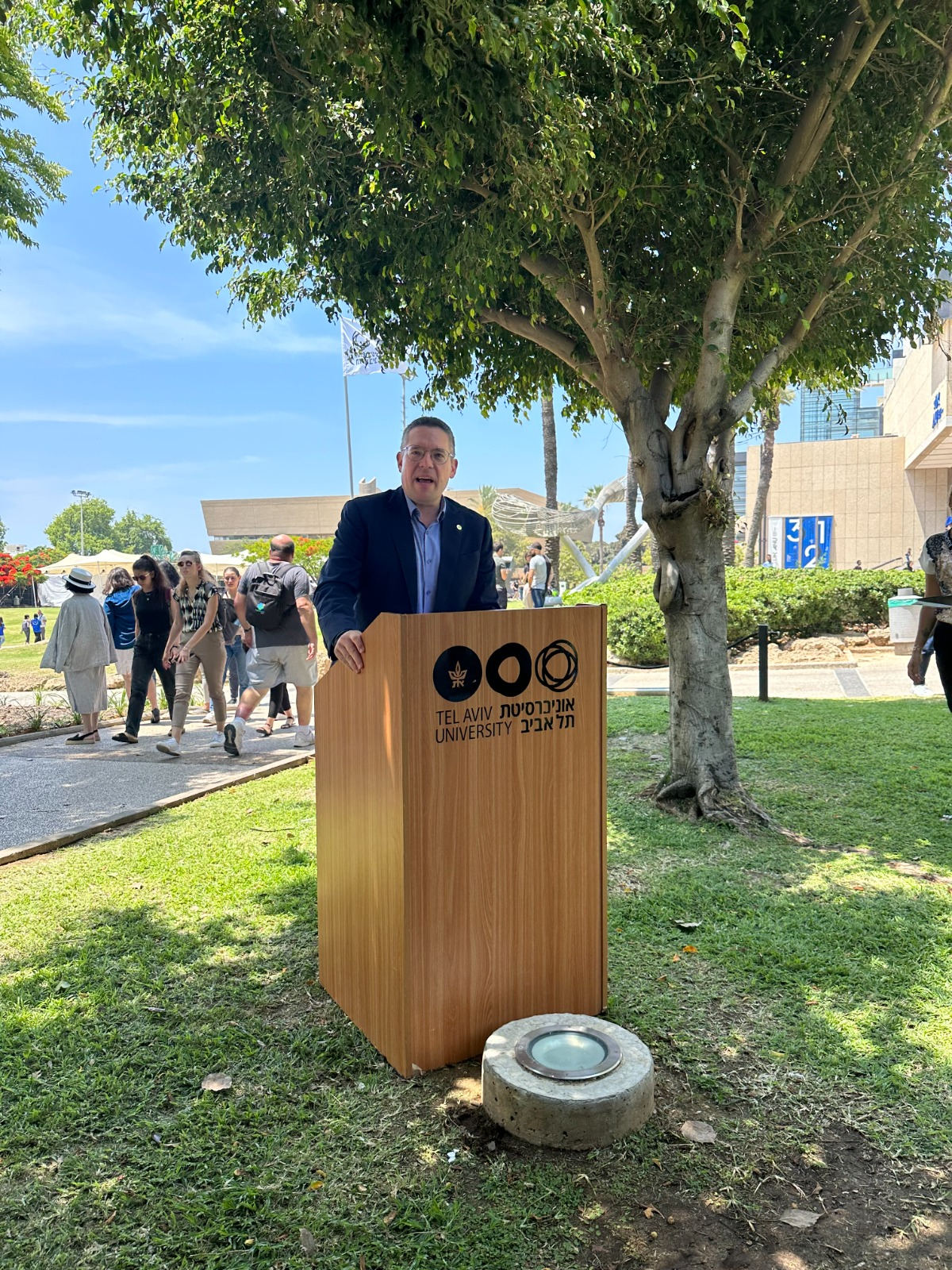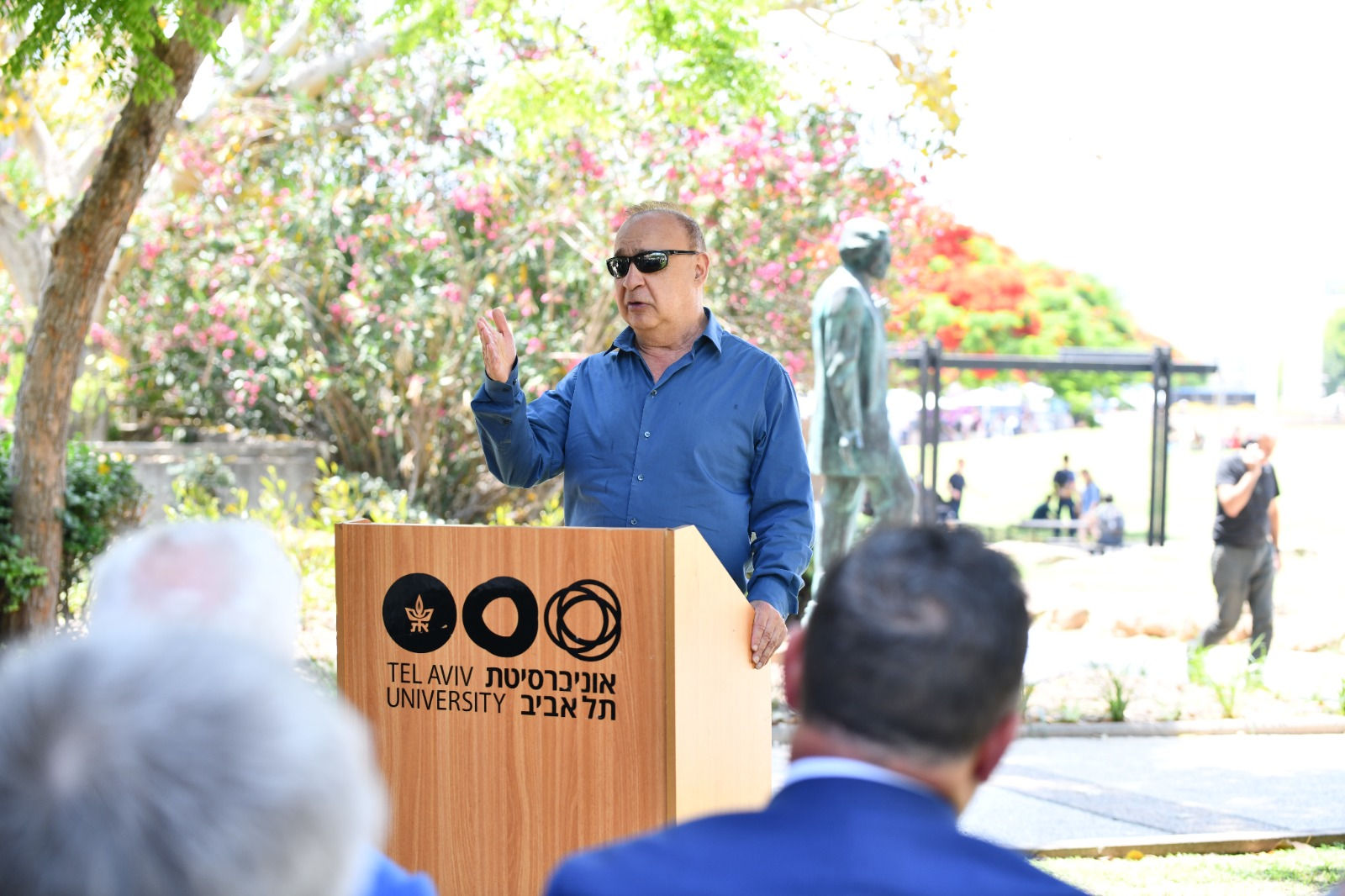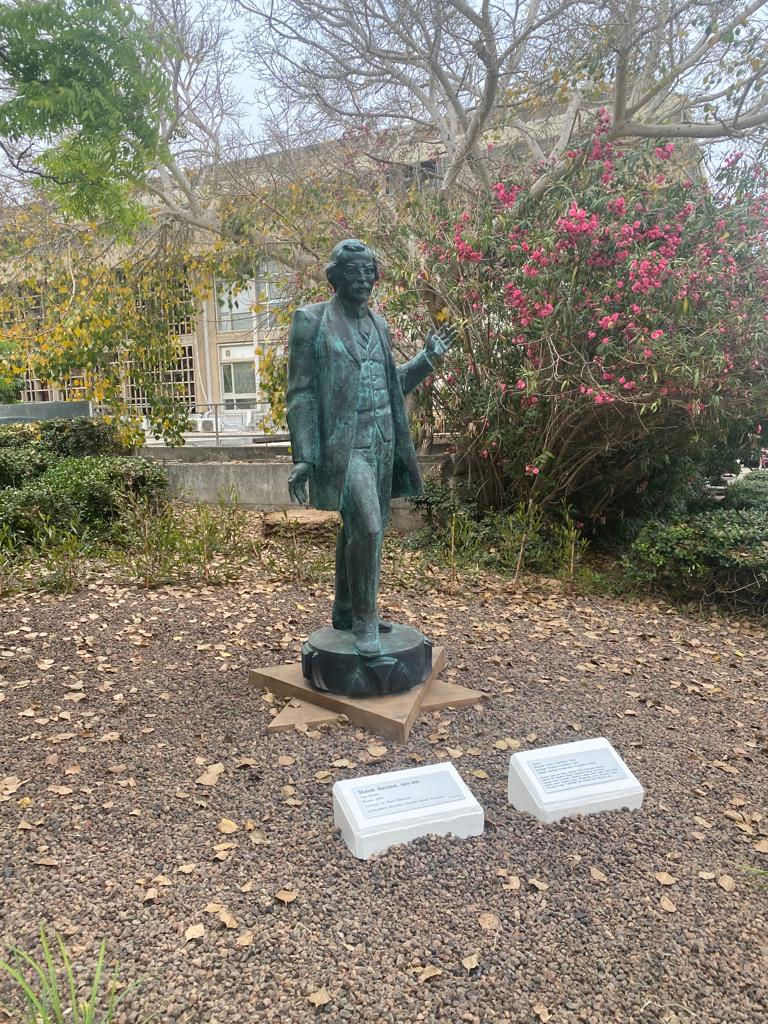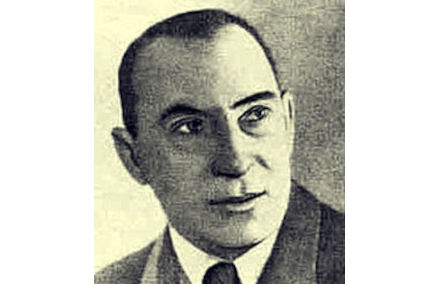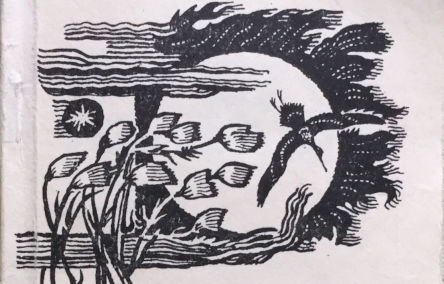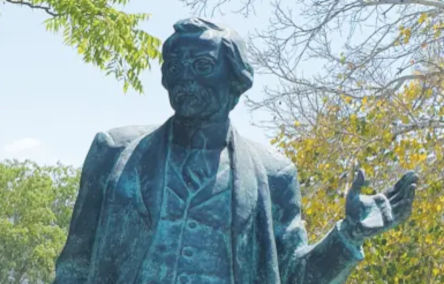
Media Coverage of Sholem Aleichem Monument
Media Coverage of Sholem Aleichem Monument
News about Sholem Aleichem’s statue recently unveiled at Tel Aviv University have been published by two major Jewish media sources: Jerusalem Post and the Forward. Below we are reposting the text of the JP’s article:
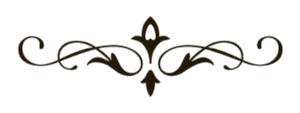
 June 16, 2023
June 16, 2023
Remembering the Yiddish Literature Great, Sholem Aleichem
■ IT’S DOUBTFUL that anyone outside the world of Yiddish literature has ever heard of Solomon Naumovich Rabinovich, but even non-Jews have heard of Sholem Aleichem, which was Rabinovich’s pen name.
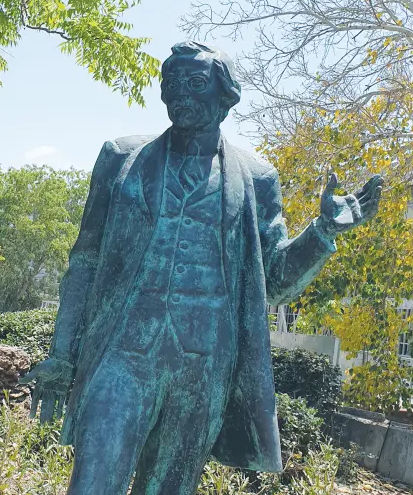
Credit: Yuval Yosef
One of the institutes of higher education that includes Yiddish classes in its curriculum is Tel Aviv University, which earlier this month became the on-campus repository of a bronze, life-size statue of Sholem Aleichem created by sculptor Yury Chernov. Located close to the ANU Museum, it is an all-weather reminder of how much joy and laughter Sholem Aleichem brought not just to thousands of people, but literally to millions across the decades. Fiddler on the Roof is based on his story about his character Tevya the Dairyman. “This is the beginning of a new era,” said Daniel Galay, the chairman of Leyvik House, the Association of Yiddish Writers and Journalists in Israel.
The commissioning of the statue and its placement was the brainchild of Dr. Mark Zilberquit: a Moscow-based author publisher and founder of the Yiddish Heritage Preservation Foundation, whose goal is to preserve Yiddish language and culture which was the common denominator of the majority of European Jews before the Holocaust.
This foundation was among the donors to the project, as was the Blavatnik family whose foundation engages in international philanthropy – mostly in education and culture – and is well known for its sterling support of London’s Tate Gallery.
In New York, it also founded the Blavatnik Archives which are dedicated to the study of 20th-century Jewish and world history with special emphasis on the World Wars I and II and Soviet Russia.
The Yiddish Heritage and Preservation Foundation has a strong connection with Tel Aviv University and provides scholarships for students studying various aspects of Yiddish culture.
The statue of Sholem Aleichem is part of a pilot project. If all goes well, it may become the nucleus of a Yiddish literature sculpture garden, with statues of figures such as Isaac Bashevis Singer, I.L. Peretz, Avraham Sutzkever, Sholem Asch, Itzik Manger, Kadia Molodowska, Avraham Goldfaden, Esther Kreitman and others.
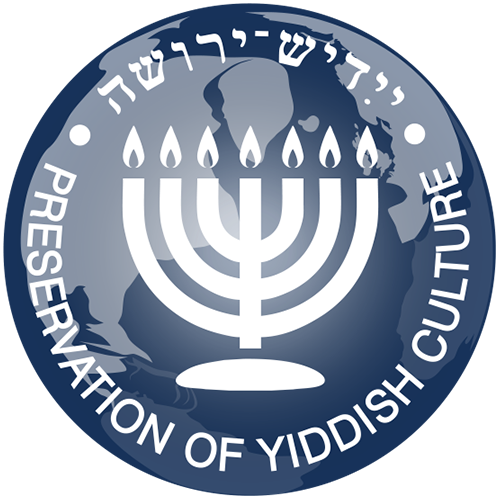
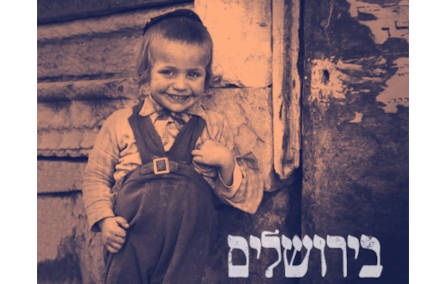
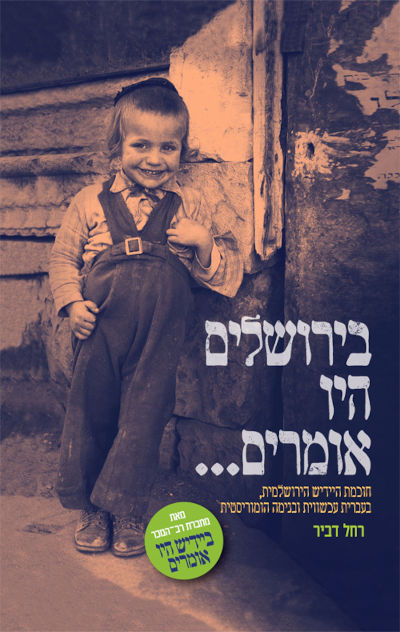 The Israeli publishing house Yedioth Ahronoth published Rachel Dvir’s new Hebrew book In Jerusalem They Used to Say: The Wisdom of Jerusalem Yiddish in Modern Hebrew, with Humor. It describes specific idioms that were widely known in Jerusalem Yiddish several decades ago and that are still used by the speakers of the local variant of Lithuanian Yiddish. This unique dialect developed among the Ashkenazi Jews of the Old Yishuv, the Jewish population who lived in the Land of Israel over two centuries ago, before the politically motivated Zionist Aliyah of the late 19th century. Each expression in the book is given in its Yiddish original, accompanied with a Hebrew translation and a commentary explaining the context of its practical usage. The book is richly illustrated with old photographs.
The Israeli publishing house Yedioth Ahronoth published Rachel Dvir’s new Hebrew book In Jerusalem They Used to Say: The Wisdom of Jerusalem Yiddish in Modern Hebrew, with Humor. It describes specific idioms that were widely known in Jerusalem Yiddish several decades ago and that are still used by the speakers of the local variant of Lithuanian Yiddish. This unique dialect developed among the Ashkenazi Jews of the Old Yishuv, the Jewish population who lived in the Land of Israel over two centuries ago, before the politically motivated Zionist Aliyah of the late 19th century. Each expression in the book is given in its Yiddish original, accompanied with a Hebrew translation and a commentary explaining the context of its practical usage. The book is richly illustrated with old photographs.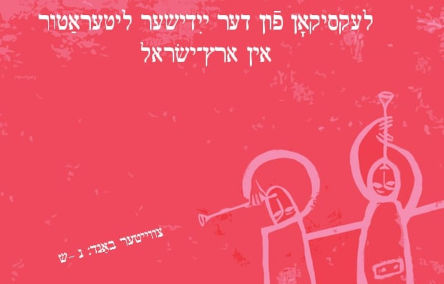
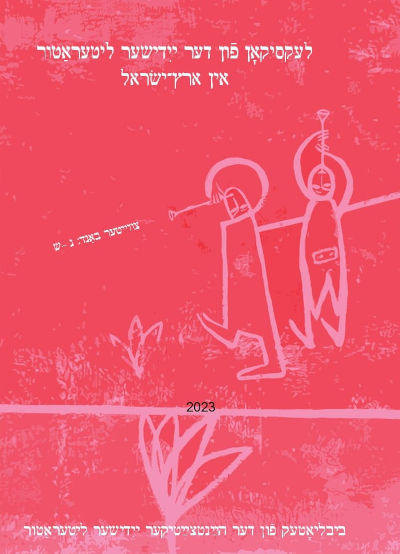 The second volume of the bio-bibliographic guide Lexicon of Yiddish Literature in the Land of Israel was published in Tel Aviv, as a part of the book series Library of Contemporary Yiddish Literature. It includes information about Yiddish authors who lived in Mandatory Palestine and later in Israel. The first volume appeared in 2021. Both volumes of this unique reference book were compiled and edited by Dr. Velvl Chernin, Mikhoel Felzenbaum and Dr. Dov-Ber Kerler.
The second volume of the bio-bibliographic guide Lexicon of Yiddish Literature in the Land of Israel was published in Tel Aviv, as a part of the book series Library of Contemporary Yiddish Literature. It includes information about Yiddish authors who lived in Mandatory Palestine and later in Israel. The first volume appeared in 2021. Both volumes of this unique reference book were compiled and edited by Dr. Velvl Chernin, Mikhoel Felzenbaum and Dr. Dov-Ber Kerler.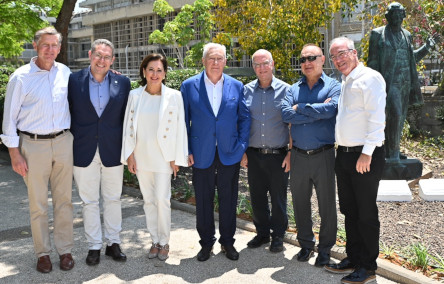
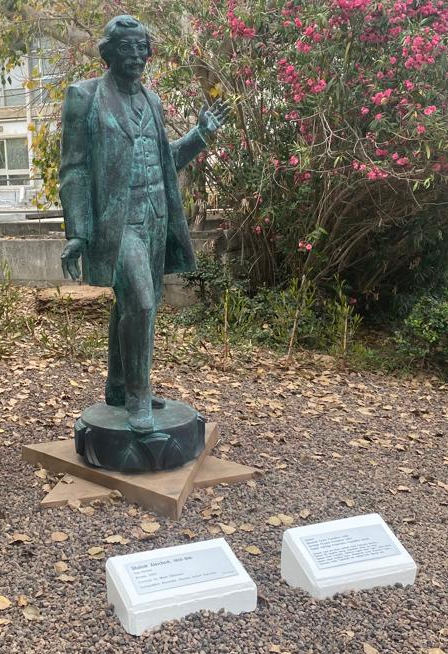 As we already have
As we already have 